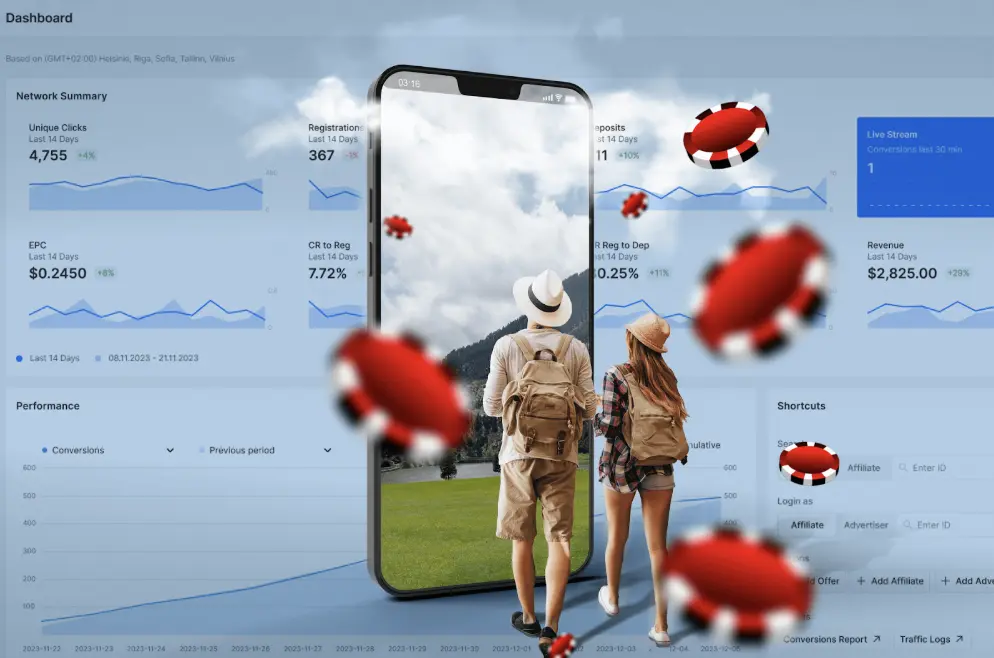Online gambling has changed dramatically over the past decade. Slots now feature cinematic graphics, interactive bonus rounds, and mechanics more complex than some video games. With that evolution has come a new question – one fuelled by tech hype, YouTube “gurus,” and social media speculation:
Can artificial intelligence predict slot outcomes?
It’s an enticing idea. AI beats chess grandmasters, diagnoses diseases, writes code, and powers self-driving cars. So surely it could figure out slot machines too… right?
This article separates fact from fantasy. Let’s break down what AI can do, what it cannot do, and why slot outcomes remain unpredictable – regardless of how “smart” a system claims to be.
How Slot Machines Really Work: RNGs, Not Patterns
To understand whether AI can predict slot spins, you need to know how modern slots function. Whether at a physical casino or online, every legitimate slot uses a Random Number Generator (RNG) – a certified system that creates unpredictable numbers every millisecond.

Every spin is:
- Random
- Independent of previous spins
- Not influenced by time played
- Not affected by streaks or recent wins/losses
That means:
- A slot that hasn’t “paid out in a while” is not “due”
- A machine that just hit a bonus is not “cold”
- Patterns players think they see are coincidence, not signals
In other words, slot outcomes are not patterns to decode – they are mathematical randomness governed by regulation, probability, and algorithms designed to prevent prediction.
Why AI Cannot Predict RNG-Based Games
AI learns by recognising patterns from data. It identifies regularity, repetition, and cause-and-effect. Slot RNG systems, however, are built precisely to remove exploitable patterns.
Even if you:
- Recorded every spin
- Tracked the game for months
- Built a powerful neural network model
You would still face one core truth:
If the system is truly random, past data provides zero advantage for future prediction.
Reputable slots are designed under strict gaming regulations so no external model – AI or otherwise – can accurately predict outcomes. If someone truly “cracked” randomness, they wouldn’t be tweeting about it – they’d either be in prison or negotiating with intelligence agencies.
What About “Pattern-Spotting Hackers”?
There are two common myths here:
Myth 1: Casinos hide patterns in machines
No. Casino revenue comes from mathematical edge over billions of spins, not covert exploits that could be reverse-engineered.
Myth 2: Hackers have already cracked slots
Old mechanical slots decades ago could be manipulated physically. Some outdated digital slots once had software vulnerabilities. Today, however:
- RNGs are cryptographically secure
- Licensing requires fairness audits
- Regulators monitor randomness
- Games are sandboxed and isolated from casino servers
Security in modern casino gaming rivals online banking. “Hackers predicting slots” stories are generally:
- Fake YouTube tutorials
- Affiliate scams
- Old tales from pre-RNG machines
- Clickbait playing on curiosity and hope
So Why Do People Believe AI Can Predict Slots?
A few psychological reasons:
- AI feels unstoppable right now
When technology looks magical, people assume it can do anything.
- Survivorship bias
You hear about the occasional massive win – not the millions of losses behind it.
- Hope and emotion
Slot play triggers dopamine and optimism. People want to believe in systems, patterns, luck hacks.
- Slick marketing
Apps, Telegram groups, YouTubers, and “AI prediction bots” use terms like:
- neural algorithm
- machine-learning slot predictor
- casino exploit AI
These systems don’t predict spins – they rely on psychology, not technology.
What AI Can Do in Slot Games
Just because AI can’t predict slot outcomes doesn’t mean it plays no role in the gambling industry. In reality, it already sits behind many systems that shape the modern casino experience. Developers use AI to study player behaviour and preferences, allowing them to design more engaging and immersive slot games. Casinos also rely on AI-driven security systems to detect suspicious activity and potential cheating attempts in real time. On the responsible-gaming front, machine-learning tools help flag risky play patterns so platforms can suggest cooling-off periods or deposit limits before behaviour escalates.
Beyond that, AI enhances the overall player experience through personalised promotions, smoother bonus pacing, and improved graphics – though the ethics of highly tailored marketing can be viewed differently depending on perspective. Some apps even assist players with budgeting and time management, helping them stay aware of spending and session length. Ultimately, AI in the slot world is built to support casino operations and safeguard play, not to increase a player’s odds of winning.
Where Claims Get Dangerous: “Prediction Bots”
Be cautious when you see phrases like:
- “AI slot predictor – guaranteed bonuses!”
- “Casino cheat script”
- “Machine-learning slot hack”
These are typically:
- Subscription scams
- Keylogger malware
- Screen-scrapers pretending to “analyse patterns”
- Psychological manipulation, not statistical reality
A simple rule:
If someone really had a working slot-prediction tool, they would quietly get rich – not sell subscriptions on TikTok.
The One Scenario Where AI Helps Players
While AI cannot predict outcomes, AI bankroll and volatility assistants can help you choose games aligned with your risk profile.
For example, someone might choose:
- Low-volatility slots for steady small wins / long play time
- High-volatility slots for rare big payouts
AI can assess:
- Game volatility
- RTP (Return-to-Player percentages)
- Bonus round frequency (from published data)
- Session risk levels
This isn’t predicting spins – it’s statistical planning, similar to budgeting.
What About Testimonials and Influencers?
So why do influencers claim AI “beats” slots? Often because they profit when viewers believe it. Some earn affiliate commissions when players sign up to casinos through their links. Others stage flashy “live wins” for engagement, confusing coincidence with predictive power. On platforms driven by views, confidence and hype outperform honesty. Think of these videos like “get-rich-quick crypto advice” – entertainment, not reality.
As many players who frequent reputable platforms like Dolly casino learn firsthand, slots are entertainment powered by randomness. No AI tool can change the odds.



